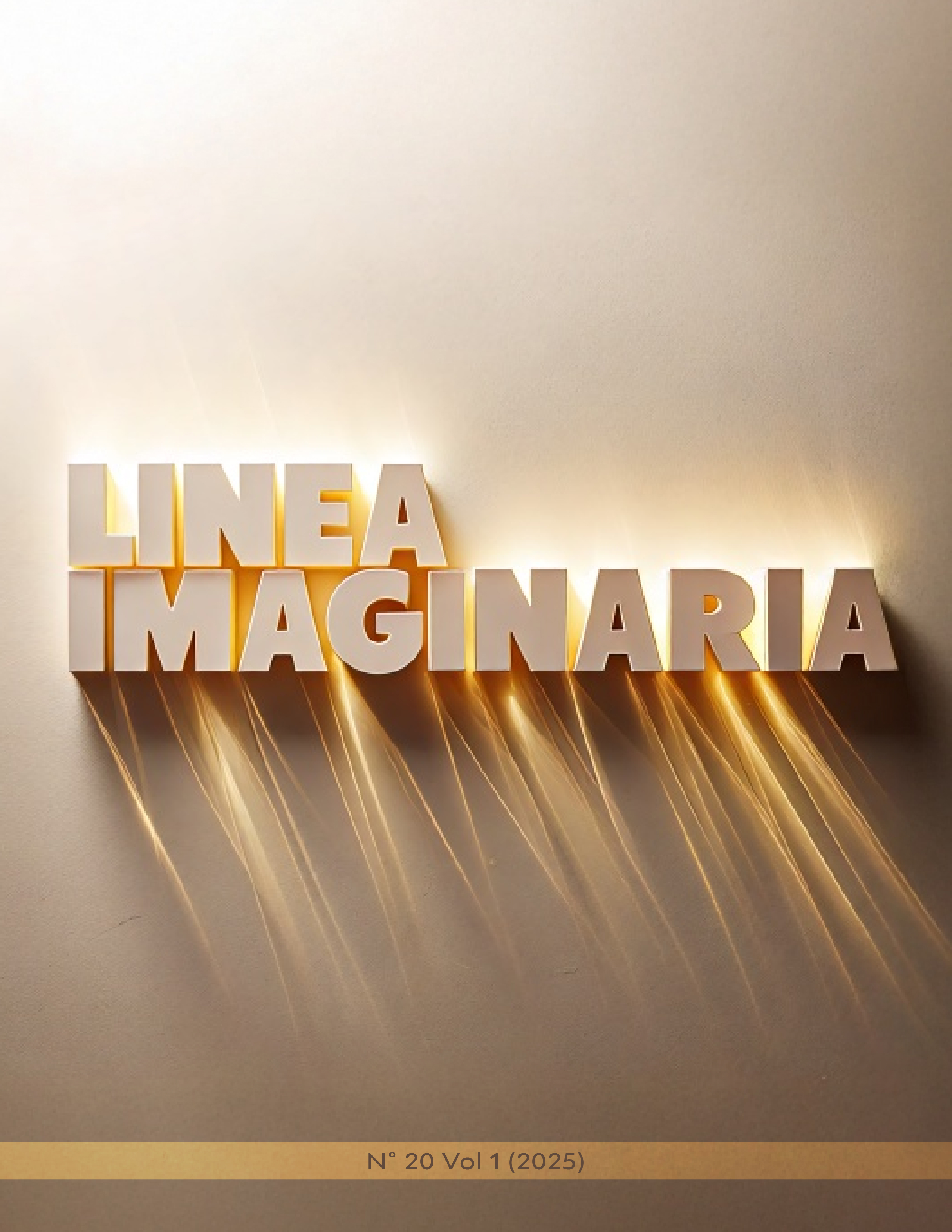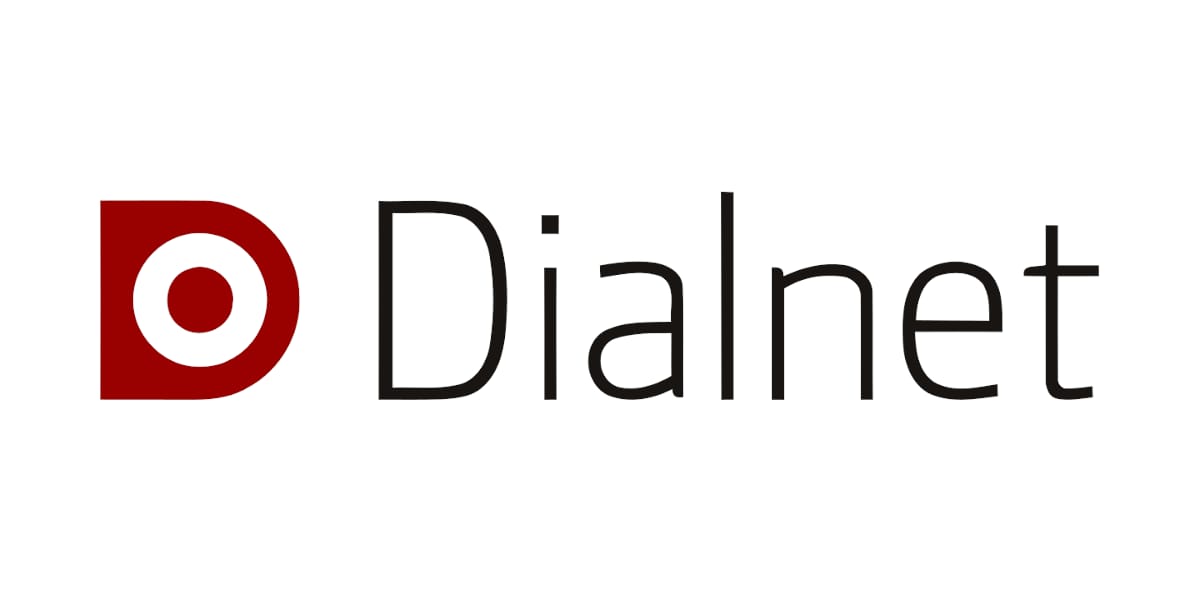BUILDING KEY CONNECTIONS BETWEEN KNOWLEDGE AND THE MEANINGFUL TEACHING OF BIOLOGY
DOI:
https://doi.org/10.56219/lneaimaginaria.v1i20.3686Keywords:
meaningful teaching, biology, learning, innovationAbstract
The main purpose of this essay is to analyze the key connections to achieve meaningful teaching in the area of biology, since traditional teaching focuses on developing only abstract concepts that leads the student to lose motivation and interest in studying biological sciences, so the teacher must change his role to make his dynamic pedagogical encounters where he integrates different perspectives that allow him to build knowledge in a way that connects the scientific world with the student's context, For this reason, teachers should be permanently updated in order to adopt innovative pedagogical strategies that allow them to achieve meaningful learning, taking into account practical activities, pedagogical excursions, use of analogies and metaphors, visualizations, anatomical models, experiments, educational technologies among other options that avoid retaking lectures, to facilitate the understanding and interest of students, as well, the learning environment should foster learner autonomy, critical thinking, collaboration, scientific curiosity, active participation and self-directed learning. Theories such as constructivism, problem-based learning and scientific inquiry are essential for this purpose. Constructivism promotes learner autonomy, while problem-based learning fosters collaboration and the application of knowledge to real situations. Scientific inquiry, on the other hand, develops research skills and understanding of the nature of science. In turn, formative assessment and tailoring instruction to individual needs are key to ensuring that all students have the opportunity to learn meaningfully.
Downloads
References
Carrera, M. (2001). Vygotsky: enfoque sociocultural. Revista Educere, 5 (13) 41-44. https://www.redalyc.org/pdf/356/35601309.pdf.
Escobar, M., Sanhueza, S y Frizuso, M. (2018) Uso de estrategias tecnológicas en educación una comparación entre biología y educación física. Revista Mexicana de Investigación Eductativa RMIE. vol. 23, núm. 77, pp. 483-504. https://www.scielo.org.mx/pdf/rmie/v23n77/1405-6666-rmie-23-77-483.pdf.
Felipe, A.; Gallarreta, S.; Merino, G. (2006). Aportes para la utilización de analogías en la enseñanza de las ciencias: Ejemplos en biología del desarrollo. Revista Iberoamericana de Educación. 37 (6). En Memoria Académica https://www.memoria.fahce.unlp.edu.ar/art_revistas/pr.15457/pr.15457.pdf. DOI: https://doi.org/10.35362/rie3762678
Loaiza, Y. Osrio, L. (2018). El desarrollo de pensamiento crítico en ciencias naturales con estudiantes de básica secundaria en una Institución Educativa de Pereira – Risaralda. Revista Diálogos sobre educación. vol.9 no.16. https://www.scielo .org.mx/scielo.php?script=sci_arttext&pid=S2007-21712018000100009.
Valdés, L. (1980). BIOLOGIA Y SOCIEDAD François Jacob Teorema. Revista Internacional de Filosofía. Vol. 10, No. 1 (1980), pp. 43-54 (12 pages) https://www.jstor.org/stable/43046029.
Molina, A., y Mojica, L. (2013). Enseñanza como puente entre conocimientos científicos escolares y conocimientos ecológicos tradicionales. Magis. Revista Internacional de Investigación en Educación. vol. 6, pp. 37-53 https://www.redalyc.org/pdf/2810/281029756003.pdf.
Pérez, L. (2022). Competencias para la Práctica docente de la Didáctica Especial en Matemática y Física: escenario formativo. https://www.polodelconocimiento. com/ojs/index.php/es/article/view/3904.
Polo, L. (2023). Aproximación teórica desde los procesos de enseñanza y aprendizaje del pensamiento computacional. [Doctorado UPEL]. https://espacio.digital.upel.edu.ve/index.php/TD/article/view/595.
Reyes, F. y Padilla, K. (2012). La indagación y la enseñanza de las ciencias. Educ. quím vol.23 no.4. https://www.scielo.org.mx/pdf/eq/v23n4/v23n4a2.pdf. DOI: https://doi.org/10.1016/S0187-893X(17)30129-5
Rogel, C., Romero, Y., y Carrión, B. (2018). La excursión docente, una herramienta didáctica para la enseñanza-aprendizaje de las ciencias naturales. Revista Conrado, 14(65), 161-169. Recuperado de http://conrado.ucf.edu.cu/index.php/Conrado.
Downloads
Published
How to Cite
Issue
Section
License
Copyright (c) 2025 LÍNEA IMAGINARIA

This work is licensed under a Creative Commons Attribution-NonCommercial-ShareAlike 4.0 International License.
La revista Línea Imaginaria conserva los derechos patrimoniales (copyright) de las obras publicadas, que favorece y permite la reutilización de los mismos bajo la licencia Creative Commons Atribución-NoComercial-CompartirIgual 4.0 , por lo cual se pueden copiar, usar, difundir, transmitir y exponer públicamente, siempre que se cite la autoría y fuente original de su publicación (revista, editorial, URL y DOI de la obra), no se usen para fines comerciales u onerosos y se mencione la existencia y especificaciones de esta licencia de uso. Si remezcla, transforma o crea a partir del material, debe distribuir su contribución bajo la misma licencia del original.














